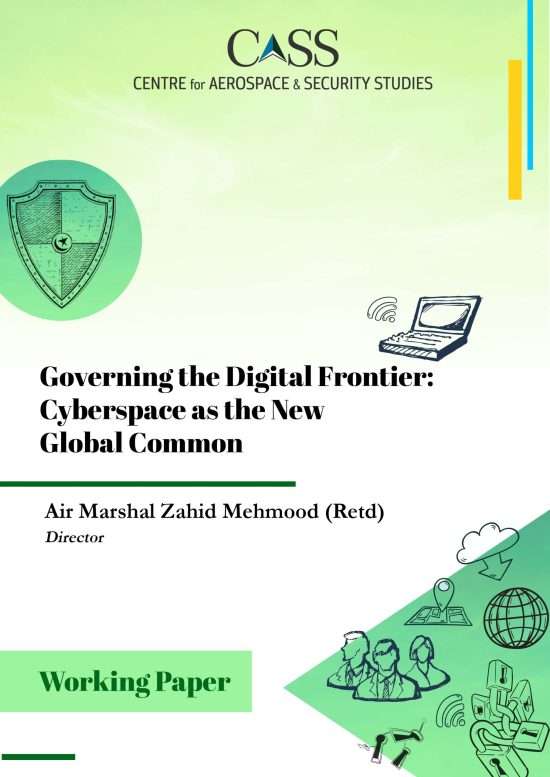Cyberspace is commonly defined as ‘the online world of computer networks, particularly the Internet.’ Its utilisation spans both personal and professional domains, encompassing activities from entertainment and communication to business and the arts, thereby accommodating the full spectrum of contemporary human endeavours. The users of cyberspace include nation-states, corporations, educational institutions, and individuals, among others. The ubiquitous nature of this emergent global common presents unique challenges and a multitude of associated issues. This Working Paper aims to identify the commonalities and differences between cyberspace and other global commons. It will explore the issues related to both direct and indirect threats to national and international security posed by or through cyberspace. Towards the end, the paper will examine the governance of cyberspace and present salient conclusions to mitigate the threats emerging from this domain.

Share this article

The Extraction Trap
Trump’s declaration to “run Venezuela” after Maduro’s capture is a seeming promise of a sudden cure to Venezuela’s ills. However, it ignores the nation’s terminal diagnosis of a century of plunder. The rhetoric of imminent revival on the basis of the speedy return of international oil capital and the promise of 100 billion US dollars in reconstruction funds made the intervention seem like a unique opportunity.

Future Shield: The Saudi-Pakistan Security Partnership
Although the SDMA does not identify an adversary, effectively functioning as a deterrent, it cannot be viewed in isolation from the Israeli belligerence in the Middle East. Israel’s war against Hamas has expanded beyond the genocide of Gaza; it has bombed the West Bank, Lebanon, Syria, Yemen, Iran, and recently Qatar. Tel Aviv’s campaign under the banners of ‘anti-Semitism’ and ‘terrorism’ has engulfed the whole Middle East in a war-like situation, which has generated new enemies and has deepened the instability of the region.

The Trilateral Shift
On 15 January 2026, the Pakistani defence production minister confirmed that an agreement for a new trilateral defence deal between Pakistan, Saudi Arabia, and Türkiye is in the pipeline, other than the Pakistan-Saudi bilateral deal announced last year.

